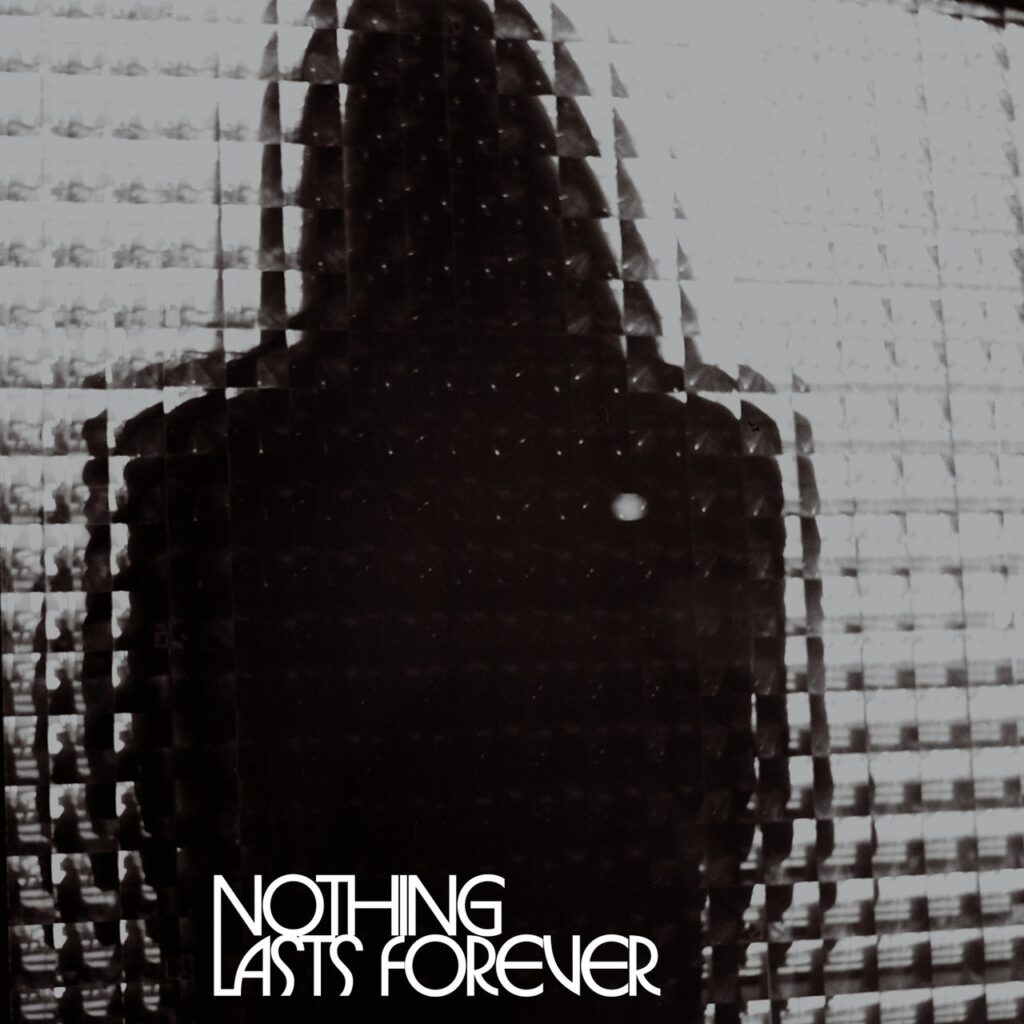Nothing Lasts Forever may seem like a peculiar choice of an album title for Teenage Fanclub, a group devoted to preserving the sound and sensibility of the guitar-pop explosion of the mid-1960s. Six-string traditionalists even when they drowned their melodies in fuzz, the band assimilated the innovations of the Byrds and the Beach Boys, becoming one of the most enduring practitioners of power-pop—a catch-all term encompassing any rock group bearing an undisguised debt to the bright, punchy sounds of the Beatles and their disciples. Their steadfast adherence to the jangle, chime, and sigh of harmonies and hooks suggested Teenage Fanclub was suspended in time, untouched by either shifting fashions or the weathering of age.
Once wielding guitars gnarly enough to make them peers of Nirvana, Teenage Fanclub abandoned any pretext of sounding contemporary at the moment Britpop popularized the very aesthetic they championed. At the height of Cool Britannia, they turned to the American West Coast—their 1997 album Songs from Northern Britain suggested the UK was located somewhere in Laurel Canyon—adding softer vocal harmonies and steady strums, elements that became foundational to Teenage Fanclub. These qualities give the band a gentle touch that feels welcoming even when they’re singing about disquieting subjects, as they often did on 2021’s Endless Arcade, where they learned how to proceed without founding bassist Gerard Love and as their chief singer/songwriter Norman Blake came to terms with the end of his marriage.
Despite its title, Nothing Lasts Forever feels settled, as if the group has accepted the transient nature of the seasons. They introduce this theme immediately with “Foreign Land,” a tranquil tune that opens with Blake declaring “It’s time to move along/And leave the past behind me.” The forward motion echoes throughout Nothing Lasts Forever. In “I Left a Light On,” Blake clings to the notion that there’s a way to emerge from the darkness, a wish that’s later fulfilled in the amiable ramble “Back to the Light.” Raymond McGinley, Blake’s lieutenant songwriter in Teenage Fanclub, is on the same wavelength, declaring that he’s “Tired of Being Alone” and surmising that “everyone feels better lovered.”
The warmth emanating from the lyrics flows throughout Nothing Lasts Forever. Teenage Fanclub never quickens the pace or belabors the melodies, choosing to luxuriate in their twilight grooves. The contained chemistry isn’t insular or monochromatic: They balance the tempered Beach Boys bounce of “Self-Sedation” with the extended exhale of the shimmering closer “I Will Love You.” Such subtle shifts in tone underscore how Teenage Fanclub now specializes in nuance, eschewing production frills in favor of unadorned, subtle colorings. Vocal harmonies glide in and out of the mix, keyboardist Euros Childs adds empathetic texture, and the steady sway of strummed guitars anchor the band more than the backbeat. Instead of driving down on the crystalline hook that powers “See the Light,” the band lets it drift and linger; it sounds as if they’re marveling at its contours. The songcraft matters but so does the interplay, and that’s why Teenage Fanclub’s power-pop still resonates. They’re not interested in crafting the platonic ideal of an AM pop song—they’re using pop music as a lifeline.
All products featured on Pitchfork are independently selected by our editors. However, when you buy something through our retail links, we may earn an affiliate commission.

